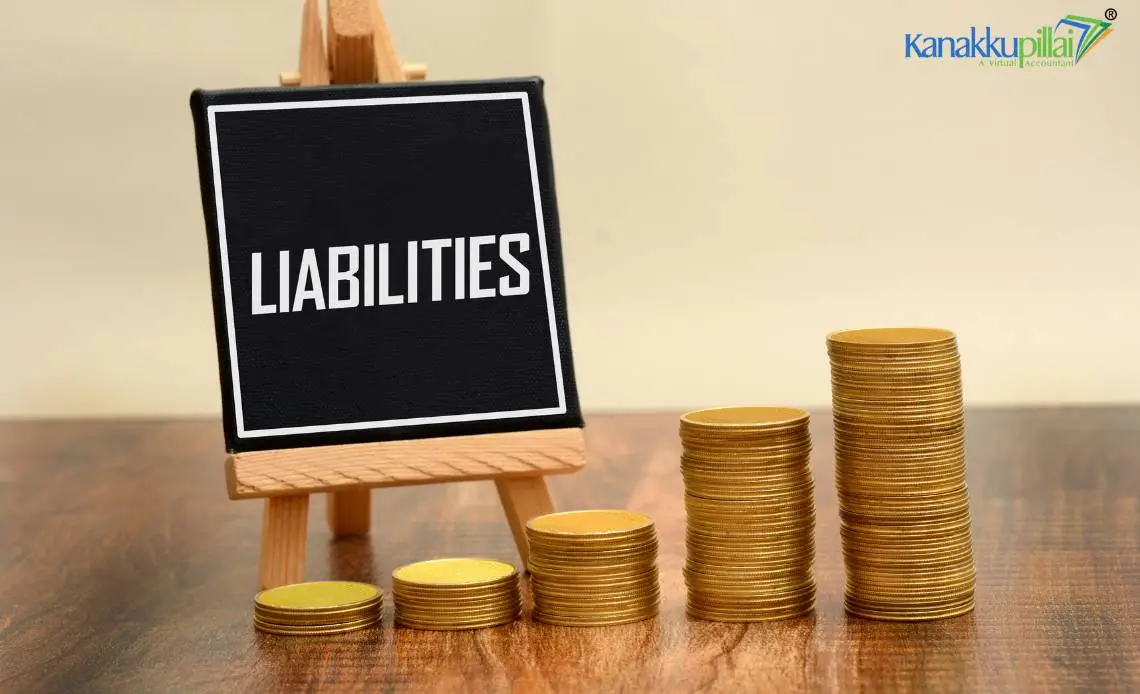For Indian entrepreneurs, selecting the proper corporate structure is crucial. The form you choose will significantly affect your company operations, taxes, and—above all—your liabilities. When comparing a private limited company with a sole proprietorship, it is essential to understand how liability operates in different corporate formations. This blog will discuss the liability variations between these two well-known Indian corporate forms.
Understanding Liability in Business Structures
Liability, in terms of debt and responsibilities, is legal accountability. In the context of business, it dictates the degree of personal risk the owner(s) accept should the company run into legal issues or debt. The business structure determines the degree of responsibility, therefore affecting the personal financial risk for the company’s owner or owners.
Private Limited Company
Many business owners choose a Private Limited Company (Pvt Ltd) because of its limited liability and to protect against personal liability. Liability roles in this company form are as follows:
- Under a Private Limited Company, the owners are responsible only for what they have given to the business. Therefore, should the business encounter legal or financial problems, the owners risk losing the money they have invested in the company rather than their assets.
- Corporate Structure: The business is viewed as a different legal body from its owners. This split ensures that the business’s assets and liabilities are distinct from those of its owners, thereby providing further protection for personal assets.
- The formal framework of a private limited company provides strong protection against personal liability. Personal wealth is protected, as creditors cannot seek the personal assets of owners to pay back company debts.
Sole Proprietorship
Conversely, a Sole Proprietorship is the most basic and most approachable form of business organization. Still, ease has a price, especially with regard to liability:
- In a sole proprietorship, the business owner bears all the company’s bills and responsibilities alone. Should the company acquire debt it cannot pay, creditors might seek to meet those responsibilities by seizing the owner’s assets, including funds or property.
- Unlike a private limited company, a sole proprietorship does not remove the person from the company. Legally, the owner and the company are the same, so all assets are intertwined, thereby increasing personal financial risk.
- The risk associated with a sole proprietorship is somewhat higher than that of a private limited company. Should the company be sued or suffer significant debt, the owner’s financial security is immediately at risk.
Comparative Analysis
A Private Limited Company and a Sole Proprietorship have quite different responsibilities. For those looking to preserve their assets, a private limited company is a good choice, as it offers a notable defense against personal liability. Conversely, a Sole Proprietorship exposes the owner to unlimited liability; hence, should the company encounter financial problems, there is a significant risk involved.
Suitability for Businesses
Private limited companies are better suited for companies that want to grow, seek outside capital, or safeguard the owners’ assets. Businesses with higher risks or those engaged in activities that can result in significant financial commitments find them ideal for limited liability and legal safeguards.
Small, low-risk companies or those just starting might find this form suitable for sole proprietors. It is simpler to run and requires less compliance, as it presents simplicity in administration. However, the larger personal risk is the trade-off.
Conclusion
Careful thought of the consequences of liability should guide the decision between a sole proprietorship and a private limited company. A Sole Proprietorship leaves the proprietor totally vulnerable to business hazards, whereas a Private Limited Company protects against personal responsibility. Ultimately, the choice should be based on the type, size, and expansion potential of your company. Knowing these variations will enable you to make informed decisions that align with your risk tolerance and company objectives through educated choices.





